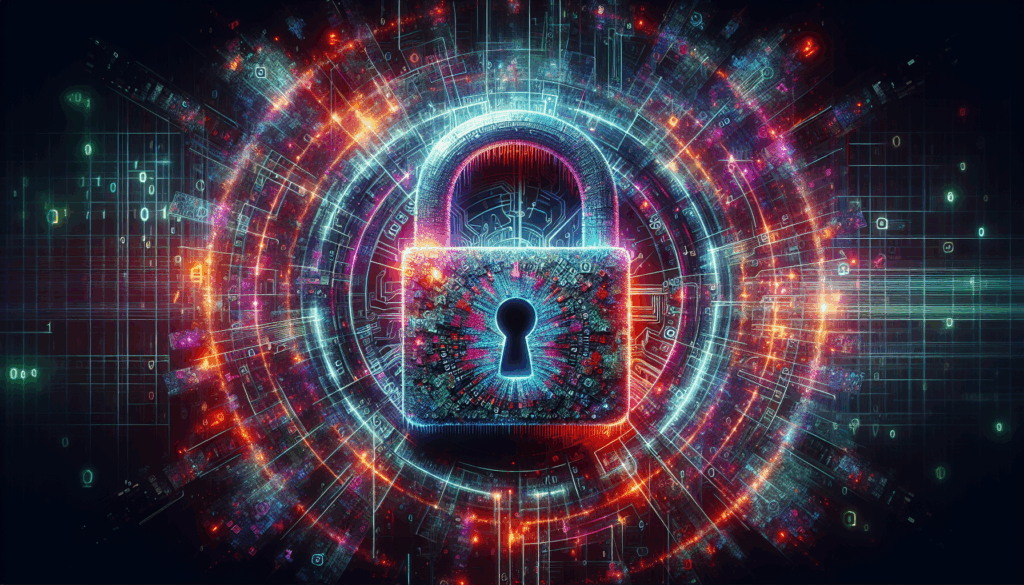Rethinking Password Security in the Era of Artificial Intelligence: Exploring Alternative Solutions
For decades, passwords have served as the primary method for securing online accounts. However, in the era of artificial intelligence, this traditional security mechanism faces challenges that it was never designed to withstand.
A recent study conducted on over 19 billion newly exposed passwords highlights a pervasive epidemic of weak password reuse. Despite ongoing efforts to educate users on the risks associated with weak and frequently reused passwords across multiple platforms, progress remains minimal.
Conversely, cyber adversaries have advanced significantly. With access to new tools and powerful computing resources, they can exert less effort for greater rewards. The expansion of our digital lives has resulted in an increase in the number of passwords we manage and the critical information they protect.
The Impact of AI
Artificial Intelligence (AI) tools have dramatically enhanced the speed and efficiency of password cracking. Tasks that once took days or weeks can now be executed in mere minutes. For example, tools like PassGAN (Password Generative Adversarial Network) utilize deep learning to predict and generate potential passwords based on extensive datasets of compromised credentials. Unlike traditional dictionary attacks, AI can learn patterns from billions of compromised passwords and generate new combinations that closely emulate human behavior.
This provides a significant edge to attackers. While manual efforts might guess a password based on logical patterns, AI can statistically determine that a password like “Fluffy2023!” is highly probable, based on analyses of countless similar passwords, executing millions of guesses per second.
The effectiveness of AI in cracking passwords is further amplified by powerful hardware. Graphics Processing Units (GPUs), typically associated with gaming and scientific computations, can now be leveraged to run expansive password-cracking algorithms. When combined with AI, these resources can easily overcome weak or moderately complex passwords.
Consequently, even passwords once deemed robust, such as “Tr33House!”, may no longer provide adequate protection.
Are Passwords Becoming Obsolete?
Numerous technology companies are investing in a passwordless future. Innovations such as passkeys, biometrics, and multi-factor authentication (MFA) are on the rise. Passkeys provide a cryptographic solution that eliminates the need for users to remember or create passwords. However, the transition to passkeys is still in its infancy, and many systems remain reliant on traditional password mechanisms.
In addition to technical vulnerabilities, the personal ramifications of password theft are significant. Given the extensive online presence of individuals, once an attacker acquires login credentials, they can gain unauthorized access to sensitive documents, reset passwords for other accounts, or impersonate the victim. This breach can lead to identity theft, with criminals exploiting stolen information to open new credit lines, submit fraudulent tax returns, or deplete personal savings. Often, victims remain unaware of the breach until they encounter severe financial or legal repercussions.
In the age of AI, the stakes are elevated, and the window of vulnerability narrows. A single reused or weak password could suffice to compromise one’s digital identity.
The imperative is clear: reliance on passwords alone is no longer tenable. The evolution of AI demands that we adapt our security practices accordingly. For those unable to transition to passwordless systems, here are strategies to utilize passwords securely:
– Create robust passwords and refrain from reusing them.
– Employ a password manager to store and manage passwords effectively.
– Use multi-factor authentication wherever possible as an additional security layer.
– Advocate for the adoption of passkeys by essential services and implement them when available.
Organizations offer tools to assess your digital exposure, enabling you to identify compromised passwords from data breaches, thus enhancing your security posture.
Conclusion
In light of evolving cybersecurity threats, protecting your digital identity is paramount. Embracing modern security measures can significantly mitigate risks associated with identity theft and account breaches.








